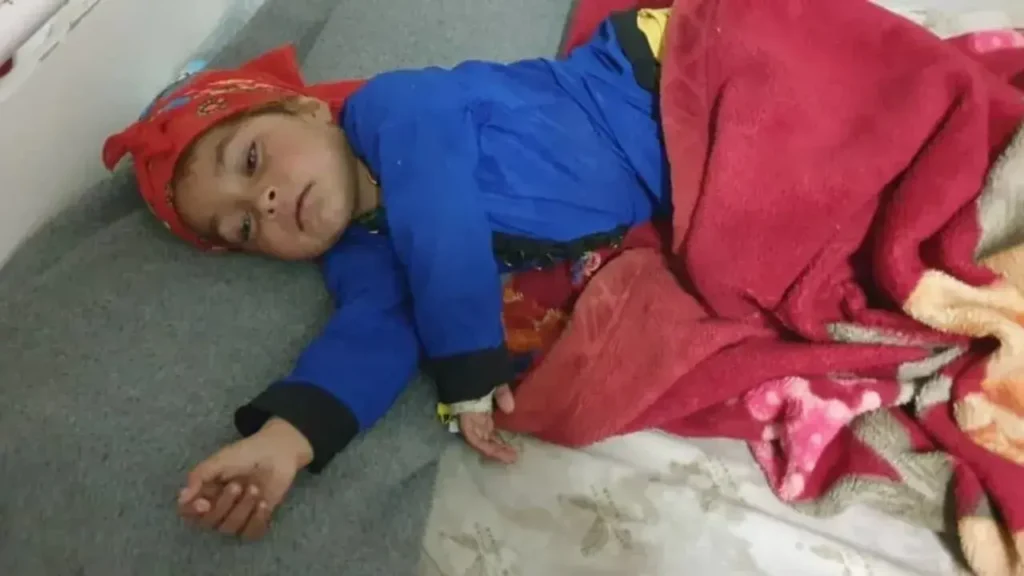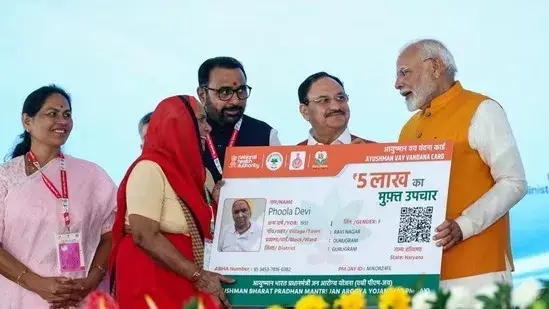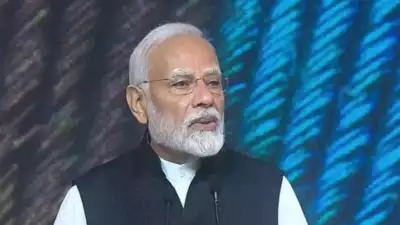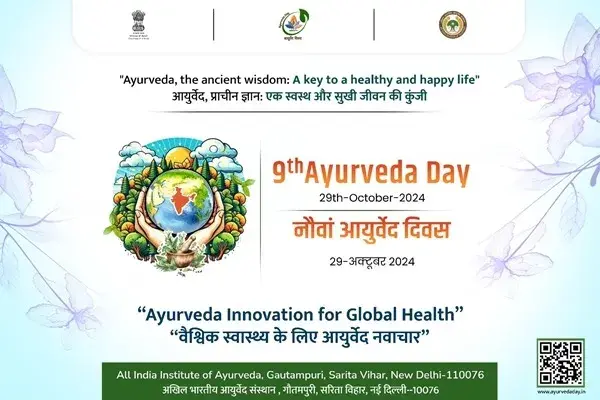Altera Digital Health Joins The Sequoia Project to Strengthen National Health Information Interoperability
Altera Digital Health, a leader in healthcare IT, has announced its membership in The Sequoia Project, a non-profit organization dedicated to advancing secure, nationwide health information exchange. By joining, Altera will collaborate closely with government and industry stakeholders to drive interoperability initiatives, while supporting clients using its dbMotion™ Solution, a data platform designed to harmonize patient data across systems for improved outcomes. The Sequoia Project works to overcome interoperability challenges, promoting solutions that enable seamless data sharing and informed decision-making in healthcare. Through this collaboration, Altera aims to support its clients in meeting interoperability standards and facilitating better continuity of care across healthcare organizations. “As a strong advocate of frameworks like FHIR, Altera is fully committed to enabling the secure and efficient exchange of health information,” said Mariann Yeager, CEO of The Sequoia Project. “We welcome Altera’s contributions and look forward to our joint efforts to improve patient care and support providers nationwide.” Altera’s Executive Vice President of dbMotion, Kevin Ritter, emphasized that “true interoperability will revolutionize healthcare by improving quality, reducing costs, and enhancing accessibility. Joining The Sequoia Project reinforces our mission to empower clients with advanced digital frameworks to achieve these goals.” About Altera Digital Health: Altera Digital Health delivers innovative technology solutions designed to advance healthcare delivery. Altera empowers healthcare organizations with digital health solutions that drive better patient outcomes and guide healthcare into a more connected future. Learn more at www.alterahealth.com. About The Sequoia Project: The Sequoia Project is a non-profit collaborative that brings together public and private stakeholders to resolve interoperability barriers and facilitate nationwide health data exchange. As the Recognized Coordinating Entity (RCE) for the ONC’s TEFCA, The Sequoia Project plays a key role in implementing and maintaining secure, interoperable health information exchange across the U.S. Source: Business Wire Photo Credit: Business Wire










